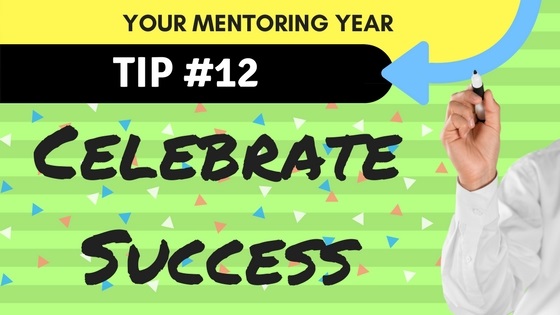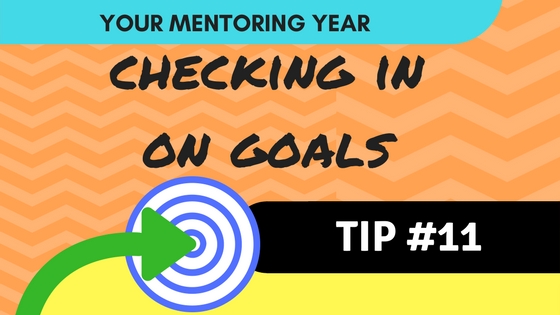by Center for Mentoring Excellence | Mar 19, 2018 | Advice for Leaders, Alignment, Assumption Hunting, Checking Out Assumptions, Facilitating Learning, Goal Setting Conversation, Group Mentoring, Growth and Development, Making Mentoring Work For You, Mentoring Communication, Mentoring Questions, Mentoring Relationships, Mentoring Training, Supporting Mentors and Mentees

Celebrate Success!
How long has it been since you’ve taken a look at the progress you’ve made? As a mentor? As a mentee? In your business? In your personal growth?
We encourage you to take time each quarter with your mentoring partner to celebrate your achievements. What are the demonstrable improvements in outlook, behavior, performance and work satisfaction since your mentoring relationship began? Get specific and outcome-focused. We can’t fully appreciate where we are until we’ve celebrated how far we have come.
by Center for Mentoring Excellence | Mar 5, 2018 | Advice for Leaders, Alignment, Assumption Hunting, Checking Out Assumptions, Facilitating Learning, Goal Setting Conversation, Group Mentoring, Growth and Development, Making Mentoring Work For You, Mentoring Communication, Mentoring Questions, Mentoring Relationships, Mentoring Training, Supporting Mentors and Mentees

Checking in on Goals
How will you know whether or not you’re achieving your goals?
When you get results? Yes. Sometimes that’s the case.
More often the knowing and the awareness of where you are at with your goals lies in the simple, and powerful, action of checking in. You can do this on your own, with a friend, cohort or mastermind and/or with a mentor.
The real work of refreshing your memory and looking at your goals, framing them in your vision, is actually so simple that many overlook it. You won’t when you actively follow this tip.

by Center for Mentoring Excellence | Sep 5, 2017 | Goal Setting Conversation, Growth and Development, Making Mentoring Work For You, Mentoring Communication, Mentoring Questions, Mentoring Relationships, Mentoring Training, Supporting Mentors and Mentees
Last month, we offered some tips about how to set starter goals. As we noted then, the key to exploring starter goals is to get to the heart of the learning need and create specificity around your desired outcome. This month, let’s discuss how to turn starter goals into the kind of goals that help mentees achieve their mentoring objectives — we call these goals “SMART goals.”
SMART goals are goals that are: Specific, Measurable, Action-Oriented, Realistic and Time-bound.
How to create a SMART goal:
- Ask questions to really understand your mentee’s desired outcome. The best way to create SMART mentoring goals is through conversation. Together with your mentee, take a look at the starter goal you created. Make sure you are clear on what success looks like. Be as specific as possible, and drill down until you come up with a way to measure success. Ask: “How will we know if you achieved it?” “What will success look like?” “What will be different when you achieve this goal?”
- Encourage action rather than contemplation. Mentors help mentees create action-focused goals by reminding them that clarity comes from engagement, not thought. Too often we see mentees set goals that start with “I will think about” or “I will explore” or “I will learn.” SMART goals have action words and should answer the question: “What will you DO?”
- Provide a reality check. SMART goals are realistic. Help your mentees set realistic milestones that link to a larger goal. That will keep them motivated and create enthusiasm for further progress. Ask “What are the obstacles to your success?” and “On a scale of 1 to 10, how confident are you that you can overcome those obstacles?” For anything less than an 8, work with your mentee to identify and anticipate obstacles. If obstacles can be overcome, create learning around that. If they cannot, create a more realistic goal.
- Set a deadline. Too often, development goals languish because they feel important but not urgent. Having time-bound goals helps measure progress, create a sense of urgency, generate momentum and provide natural check-in points along the way. Set a date by which the goal should be achieved, and continually track progress towards that date. It’s perfectly appropriate — even, at times, encouraged — for a mentee to choose a lofty goal that will really propel them forward. But unless that goal is broken down into smaller steps, your mentee may get fatigued or burned out. Set timelines for milestones along the way.
How have you used SMART goals in your mentoring relationship?





